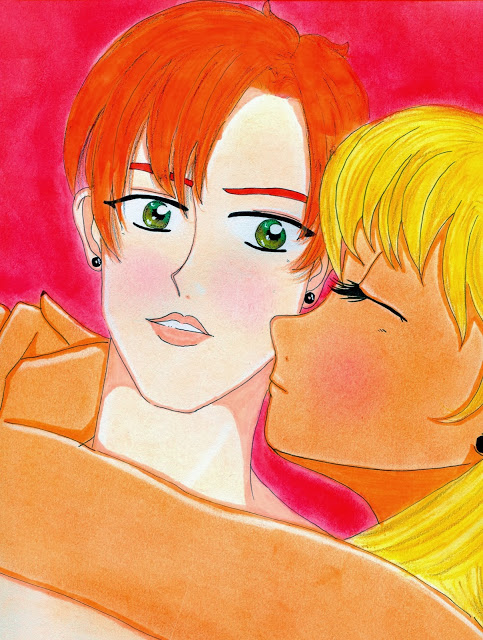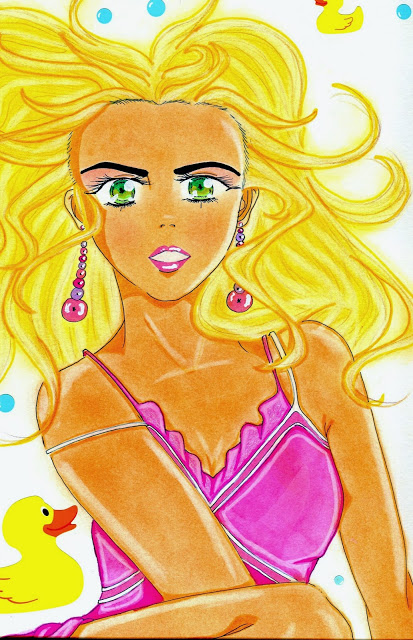The song I’m featuring is India.Arie’s song “Break the Shell”, a powerful song about feeling and living life while in display of our vulnerabilities. Many times we allow our past and circumstances to build walls around us, walls that keep us from breaking out into our Truth and living the life that we desire. How often do we suffocate our Truth to maintain that veneer of personal dishonesty, or to feel connected with others while disconnected inside? What kind of freedoms do when gain when we break down our walls and allow the world to see us fly? Listen to the performance, read the lyrics, and decide.
"Break the Shell"
I met a prophet dark as the night
She could see into my soul
Said she'd been watching and had some advice
She said shadows make you whole
A Life without pain is a wolf in sheep's clothes
'Cause if you listen to the lessons that it holds, you'll
find the gold
Child it's time to break the shell
Life's gonna hurt but it's meant to be felt
You cannot touch the sky from inside yourself
You cannot fly, until you break the shell
I can remember when I was a child
How the grown folks seemed so crazy
Why are they so angry? Why are they so loud?
And when I grow up that's never, ever gonna be me
That was the moment that I decide
That I would build a wall just shy of 6 feet tall, too
strong to fall
Child it's time to break the shell
Life's gonna hurt but it's meant to be felt
You cannot touch the sky from inside yourself
You cannot fly, until you break the shell
Courage is not being hard
It's time to peel back all the layers
You put between who you're meant to be
And who you are
And go be who you are
So much disappointment to finally understand
That there is no such thing as perfect
We're all simply doing the best that we can
And we have the choice to live or truly be alive
This is your life
Child it's time to break the shell
Life's gonna hurt but it's meant to be felt
You cannot touch the sky from inside yourself
You cannot fly, until you break the shell
Child it's time to break the shell
Life's gonna hurt but it's meant to be felt
You cannot touch the sky from inside yourself
You cannot fly, until you break the shell
Do with these words what you will
It's time for us to be for real
You'll be stuck on the ground until
You finally break the shell










